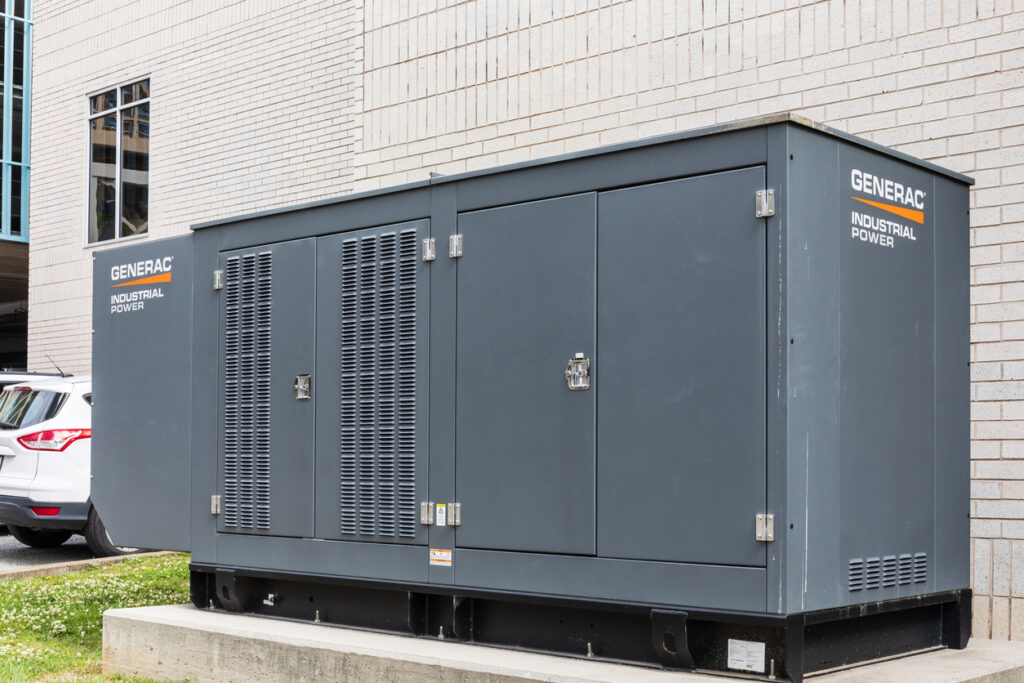Generators that run your whole house range between $4,000 and $25,000 due to many factors. The long-term maintenance costs and fuel you use can drive up costs. The labor involved can also change the estimated price. However, there are ways to lower the price and keep your generator running.
Fuel Options
Portable generators usually use gasoline, which is cheaper than other fuels. Larger generators use liquid propane, natural gas, or diesel fuel and have their pros and cons. Solar-powered generators use the sun’s energy to run instead of fuel and can save you money over time.
If you live in a sunny area, you can lower the costs of running your generator by cutting out fuel costs. A region with clear skies can save money when you operate your generator, and it can eventually lower your energy bills long-term. Installing solar panels on your roof will help reduce your energy load even more to save you money long-term.
Size Options
Installing a portable or partial generator rather than a whole-house one is cheaper and uses less fuel. A portable generator is usually for one appliance and some lights, but the right size depends on the size of your house. A large generator usually handles up to several appliances, 10 lamps, and a sump pump.
The smaller generator for a home can cover the needs of a 1,500-square-foot home, but some homes are up to 3,000 square feet and need a larger size. The biggest generator covers up to 48 kilowatts and works for larger homes or commercial buildings. The size of your building is only one factor since the number of appliances and your HVAC system will change your wattage requirements.
Installation Location
Generator install bases range from $1,500 to $5,000, but a more challenging location can raise your estimate. The farther your generator is from its fuel source, the higher your installation costs are. Our electrician can create connections for your fuel source and the circuit panel, but longer connections will cost more.
The temperature, humidity, and altitude should factor in when choosing the location for your generator. The area you choose for your generator should have ventilation and not be near water. Place the generator close to the fuel source, and use the shortest connecting cables to save on the energy it uses.
Keep Costs Down
You can keep the costs down by understanding the stress your generator is under to run your home. Lowering the maximum load to about 70% and using energy-saving LED lights can go a long way. Research how much power your home needs, and don’t use a generator that’s more powerful than your energy needs.
Installing a new generator is expensive, and many factors create your estimate and future costs. Our electricians can help you understand the best places for installation and the best options for your needs. If you are in the market for a new generator in Santa Cruz, CA, call us at Fisher Electric to schedule an appointment today.





